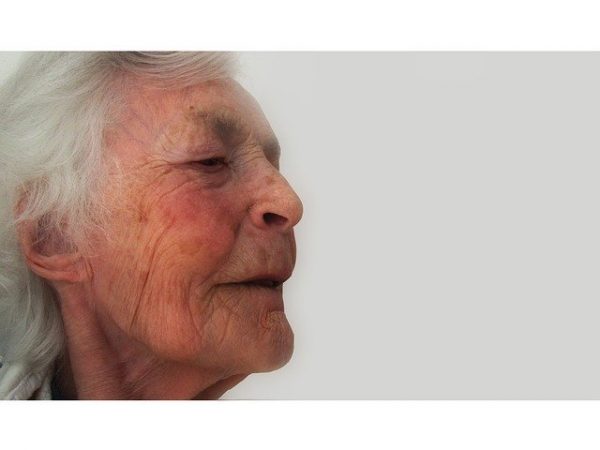
Dementia caregivers are facing a major challenge these days with the current COVID-19 pandemic. Statistics are showing an increase in cases among the elderly and individuals who are residents of nursing homes. For this reason, new changes have been implemented for caregivers. Reviewing what dementia caregivers should know helps them prepare for the road ahead and keep their patients safer.
Monitor Patients for Heightened Confusion Beyond the Norm
Monitoring patients for heightened confusion beyond the normal level help caregivers recognize when the patient could have a new condition. Studies show that while dementia patients exhibit confused states, a significant and inconsistent state of confusion is an indicator that the patient needs to see their doctor for testing. While confusion isn’t a common symptom of COVID-19, medical reports show that heightened confusion could indicate the onset of the virus or another underlying illness that requires quick treatment. Caregivers who need to learn more about monitoring their patients can visit skilled nursing homes now.
Encourage Basic Hygiene and Sanitation
Encouraging basic hygiene and sanitation during the pandemic helps control germs and keeps the patient healthier. Dementia patients don’t remember each time that they go to the restroom to wash their hands. At some times, they may believe they have when in fact the patient hasn’t. Caregivers can help patients by setting up little reminders for the patients. A simple note next to the sink that tells the patient to wash their hands will encourage them to wash their hands before leaving the restroom.
Fill Prescriptions for More Extended Periods
Filling prescriptions for more extended periods lowers the risk of exposure and prevents the patient from going out as frequently. With the rise in stay at home orders and social distancing requirements, it is highly beneficial for caregivers to reduce the time inside a pharmacy for the patient and themselves. Doctors will extend the prescription and provide more medication for the patient’s existing conditions to accommodate sheltering in place or remaining quarantined during this time.
When to Contact the Doctor
Knowing when to contact the doctor helps the caregiver determine what conditions warrant the doctor’s attention. For example, it’s important for the caregiver to know all the current symptoms of COVID-19. If the patient begins to exhibit any combination of these symptoms, it is vital for the caregiver to notify the doctor and get his or her advice. The doctor gives the caregiver instructions for managing care for the patient and schedules any testing or diagnostic services required for the patient.
When To Take the Patient to the Emergency Room
Currently, restrictions are requiring patients who are exhibiting signs of COVID-19 to make arrangements with their doctors to get tested. However, emergent circumstances such as chest pains, difficulty breathing, or any sign of life-threatening conditions warrant a trip to the emergency room. In dire circumstances, the caregiver should waste no time and call 911 immediately to get emergency medical services to the patient’s location.
Dementia caregivers must follow regular sanitation steps frequently and wear PPE to protect themselves and their patients. The caregivers must manage care for the dementia patients according to the doctor’s instructions and prevent negative outcomes. With the right in COVID-19 cases among the elderly and residents of nursing homes, it is vital for the caregivers to take extra precautionary steps each day. Reviewing what all dementia caregivers should know helps them keep the virus at bay and offers better protection for them and their patients.

